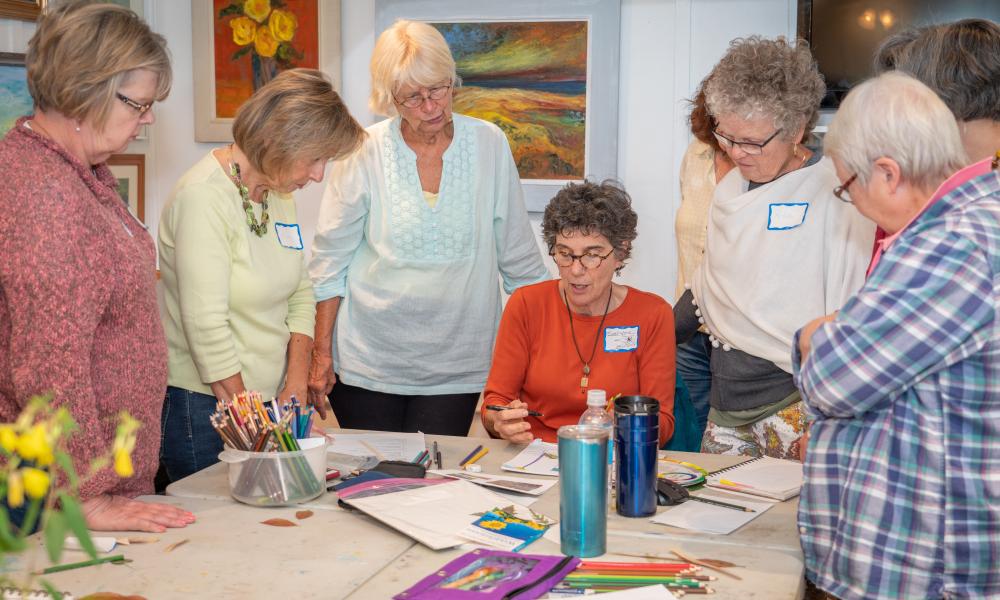
It's been a year like no other for public engagement with public health science. The COVID-19 pandemic has meant that every citizen has had to engage in some way or other with public health advice, as well as public health data, research and evidence. It’s timely that ‘Communicating Science and Health’ is one of the themes in the 2021 European Public Health Week, a theme which asks “How can we better communicate complex health messages in the digital age?”
In the blog, Ilaina Khairulzaman, Head of International Public Engagement, Training and Marketing, and Kassandra Moosbrugger, Intern, from Sense about Science, a charity that promotes the public interest in sound science and evidence, shares some top tips on this question.
Speak human
The first step when discussing research and evidence is to speak human. How would you explain something in a conversation with your football teammate, your book club friend, your mother? Think of your audience, what they might already know and what will be necessary to explain even if you start with the basics. What is the question people are asking? Try not to bury people with information, instead think about what you can say that actually answers the question.
Practice makes perfect
First experiences are rarely flawless and when you first start with public engagement you will probably make mistakes. But keep going. Every mistake you make is one step towards better public engagement. Remember that the learning process never stops and there is always space for improvement – so stay positive and try again.
Remember why you’re doing it
Public engagement shouldn’t just be something you just want to desperately tick off your to-do list and forget about, because if done correctly public engagement is empowering. This is your chance to help people understand issues they might be grappling with. You are the expert and you can help inform public discussions in a way that makes a real difference.
Be Googleable
If media engagement is something you want to get involved with, establishing an online presence is crucial. If journalists search for experts in your field you want them to find you immediately. Put keywords you feel represent you in your Twitter bio and/or personal sites so you show up on the first page of Google.
Make yourself available
Media and policy engagement is often a great way to make an impact, and journalists or policymakers are often in need for experts quickly and will establish a network of reliable experts they call when needed. If you pick up the phone every time they call, they will know to keep you on their list of experts.
Public engagement can feel like a massive undertaking. But your voice matters – you are the expert and can provide the evidence when people need it most. Amid the Covid-19 pandemic, we need researchers more than ever to get involved in public discussions and to stand up for science. We hope you will take these tips on board and start your public engagement journey. And when you feel like you might need a bit more help, we in Sense about Science have you covered – check out our website for more resources, and keep up to date with out Twitter to see what we’re working on.


